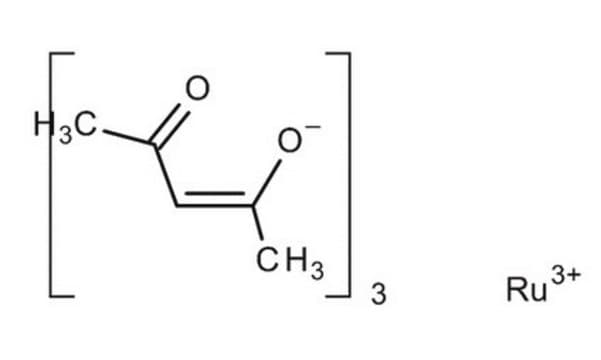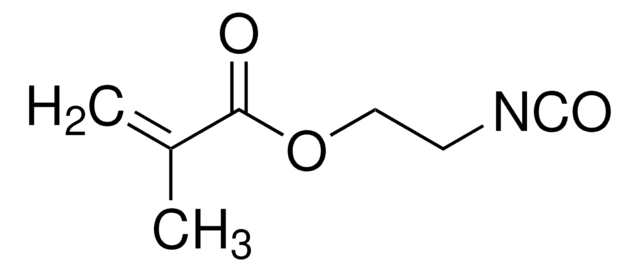8.20421
Dibutyltin dilaurate
for synthesis
Synonym(s):
Dibutyltin dilaurate, Dibutylbis(lauroyloxy)stannane, Dibutyl bis(lauroyloxy)tin
About This Item
Recommended Products
vapor pressure
<0.1 hPa ( 20 °C)
Quality Level
form
solid
autoignition temp.
>200 °C
potency
175 mg/kg LD50, oral (Rat)
bp
>250 °C/1013 hPa
mp
25-27 °C
transition temp
flash point 191 °C
solubility
<1.43 mg/L
density
1.05 g/cm3 at 20 °C
storage temp.
2-30°C
InChI
1S/2C12H23O2.2C4H9.Sn/c2*1-2-3-4-5-6-7-8-9-10-11-12(13)14;2*1-3-4-2;/h2*2-11H2,1H3;2*1,3-4H2,2H3;
InChI key
FWFWAXJCZAZGQD-UHFFFAOYSA-N
Application
- Planting carbon nanotubes onto supramolecular polymer matrices for waterproof non-contact self-healing: Discusses the use of DBTDL in creating advanced waterproof and self-healing materials, significant for innovations in material science and engineering (Li et al., 2019).
- Improvement of biodegradability of UV-curable adhesives modified by a novel polyurethane acrylate: Focuses on the role of DBTDL as a catalyst in enhancing the biodegradability of polyurethane acrylates, pertinent to environmental sustainability in chemical processes (Huang et al., 2016).
- A fluorinated polycarbonate based all solid state polymer electrolyte for lithium metal batteries: Investigates the catalytic role of DBTDL in synthesizing polymer electrolytes for energy storage applications, linking to advancements in battery technology and material science (Wang et al., 2020).
Analysis Note
Identity (IR): passes test
Due to its specific melting range the product may be solid, liquid, a solidified melt or a supercooled melt.
signalword
Danger
Hazard Classifications
Aquatic Acute 1 - Aquatic Chronic 1 - Eye Irrit. 2 - Muta. 2 - Repr. 1B - Skin Sens. 1 - STOT RE 1 - STOT SE 1
target_organs
thymus
Storage Class
6.1C - Combustible, acute toxic Cat.3 / toxic compounds or compounds which causing chronic effects
wgk_germany
WGK 3
flash_point_f
372.2 - 379.4 °F - closed cup
flash_point_c
189 - 193 °C - closed cup
Certificates of Analysis (COA)
Search for Certificates of Analysis (COA) by entering the products Lot/Batch Number. Lot and Batch Numbers can be found on a product’s label following the words ‘Lot’ or ‘Batch’.
Already Own This Product?
Find documentation for the products that you have recently purchased in the Document Library.
Customers Also Viewed
Our team of scientists has experience in all areas of research including Life Science, Material Science, Chemical Synthesis, Chromatography, Analytical and many others.
Contact Technical Service
















